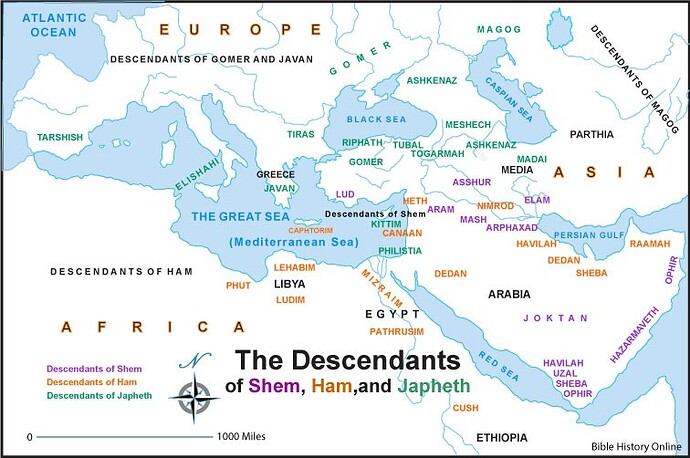According to some researchers, the time of Peleg would be when - or after - the kingdom around the Tower of Babel broke up. Thus many “episodes” in Genesis, Revelation, etc are overlapping ways of looking at series of events. In any event “same language and vocabulary” meant a dominant body of propaganda / ideology. We’re not told in Gen 11 what concrete factors caused the halting of the building of the Tower, though clues may possibly be in other chapters.
According to some commenters, the king at the then Babel had tried to unify religions and propaganda systems (as also illustrated in stories about the seizure of the Lord or Lady of Aratta), but concurrent with dissension among immigrant groups was some natural disaster.
Hebrew Scriptures weren’t copied carelessly from neighbours; the differences between each country’s story reflect the unique perspectives they had each meticulously preserved orally as well as beginning to put in writing (these two processes have been studied by some scholars).
Not every clan or nation had lived within the kingdom but I expect most of them had looked to the then Babel for some influences.
Some researchers have tentatively traced population movements between all continents over and over. All languages are mixed languages and often sweep across populations quicker, or slower, than additions of race. The clans in Gen 10 are some clans of leadership / royalty / military / explorers (e.g Japheth means scout); they married into, and related with, people of other clans and races as they did their thing. All language is metaphorical in earlier derivation (hence both bear and { a disallowed word !!! } are “brown one”). Some chronologies offered should be thought tentative.
Many Bible pieces contain hints, or snapshots with puzzling captions. In not only the Bible, but all texts, the many meanings they are meant to carry have to be sought out (in spiritual awareness where needed) and offered.
Words allude, and when several allusions intersect, there can be meaning. This is why God intends the faculties we humans have, as the central scene for His revelation, as well as for all good endeavour.
Not only “missional christianity” needs apologetics but history, linguistics, mathematics are desperately short of their own apologetics practitioners too. Much knowledge was repeatedly destroyed also.
Your placing this under “apologetics” leaves me with the question, what is the enquirer’s priority? But my own belief (as a single) has been immeasurably strengthened since I looked into all the sciences honestly (it takes trial and error to evaluate intelligent commentary in all fields).
